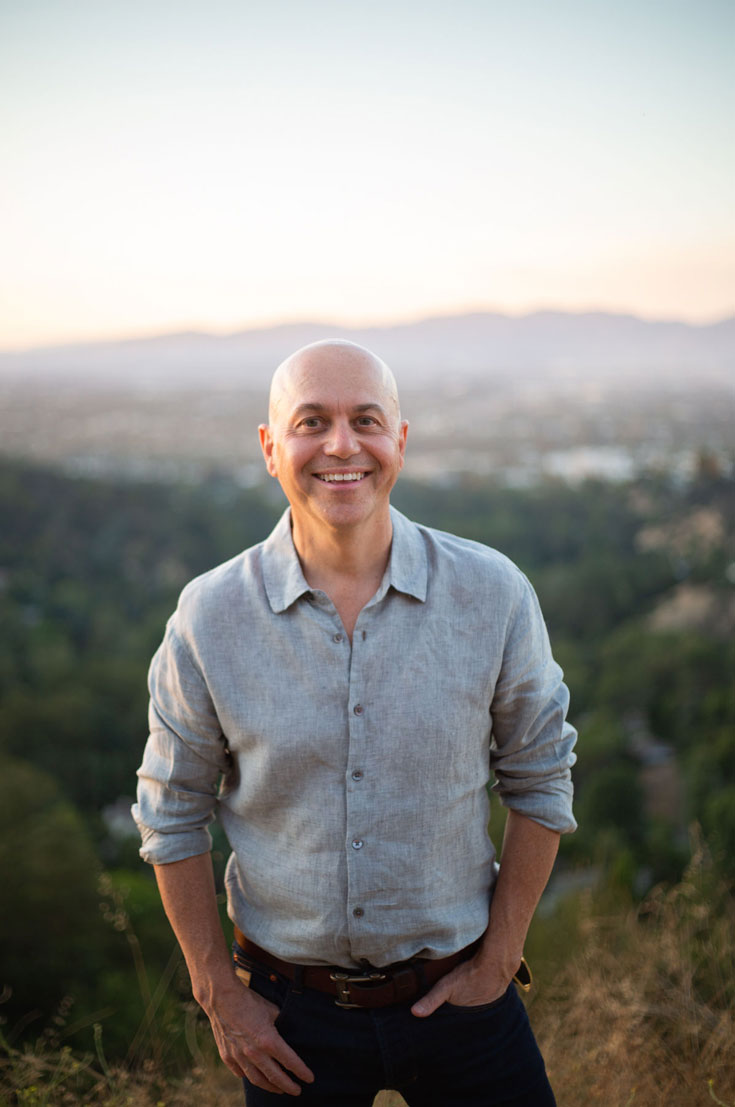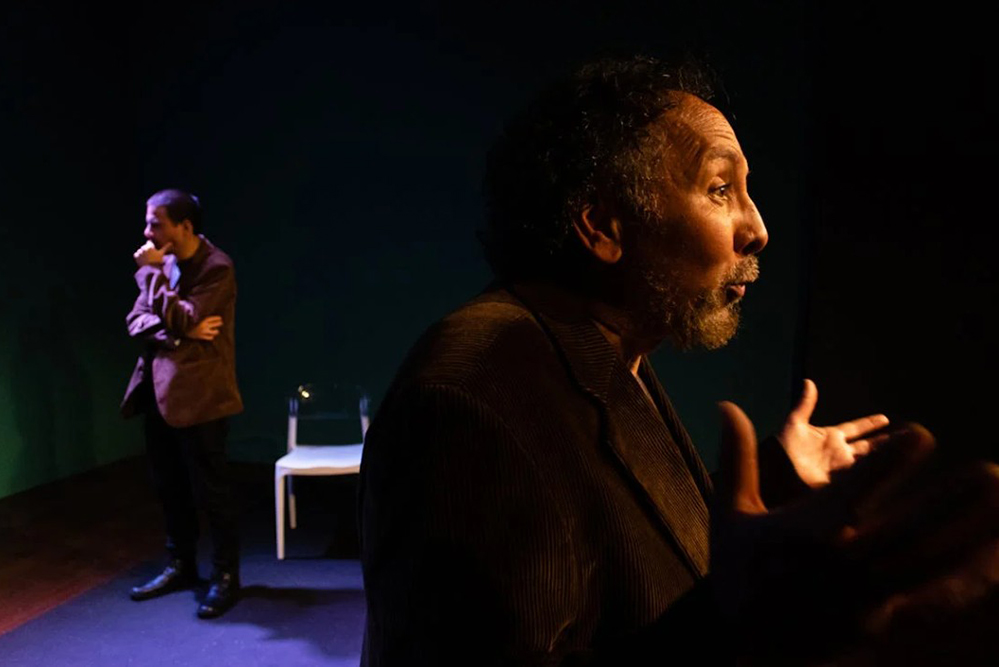Every writer struggles with getting the story from imagination to the page. The first-time novelist confronts the special challenge of having never done this before.
Here are three quick tips to help all you first-time novelists in getting started.
1) Start now.
Were you expecting something profound? Try this: you know more than you think you know. In fact, you’re uniquely qualified to write your novel. I know you think that you need to do more research, that you need to get an MFA, that you need to improve your grammar, comma use, and vocabulary. You don’t. You’re ready right now to write your first novel. Start writing today. In fact, here’s a quick writing exercise so that you can start this second, before you even finish reading this blog:
Write a 5-minute stream-of-consciousness dialogue between two characters in your novel. Do it now.
If you did it, you discovered something, didn’t you? And now you’re five minutes closer to becoming a first-time novelist.
2) Let go of the result.
If you’re going to be a novelist, you must surrender your image of what will become of your book.
It’s only when we make the story more important than our hopes and dreams, that we achieve our hopes and dreams. To your ego, that may be bad news, but it isn’t. Just as in story — if all that happens to our hero is that he gets what he wants, our reader will be disappointed. Same with us. The purpose of writing our story was not to become rich and famous, but to discover who we were meant to be. Rich and famous may be the result, but it was never the point.
3) Be willing to write poorly.
Every first-time novelist knows that in order to get to the end of her novel, she must be willing to write poorly. The structure may be weak, the dialogue cliché at times, the sentences running-on endlessly as we search for what we’re attempting to express. But somewhere within this morass is a diamond. It’s only after getting that first draft down that we begin to craft these words into something that is bigger than we are.
Learn more about marrying the wildness of your imagination to the rigor of structure in The 90-Day Novel.






